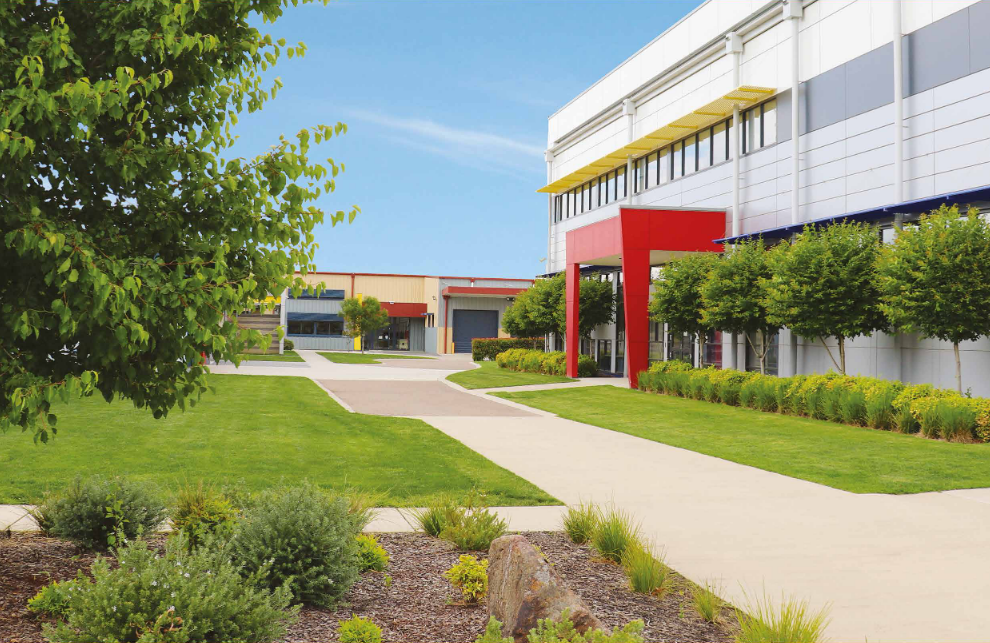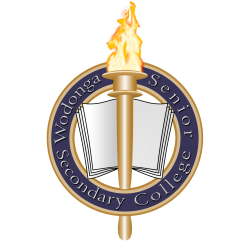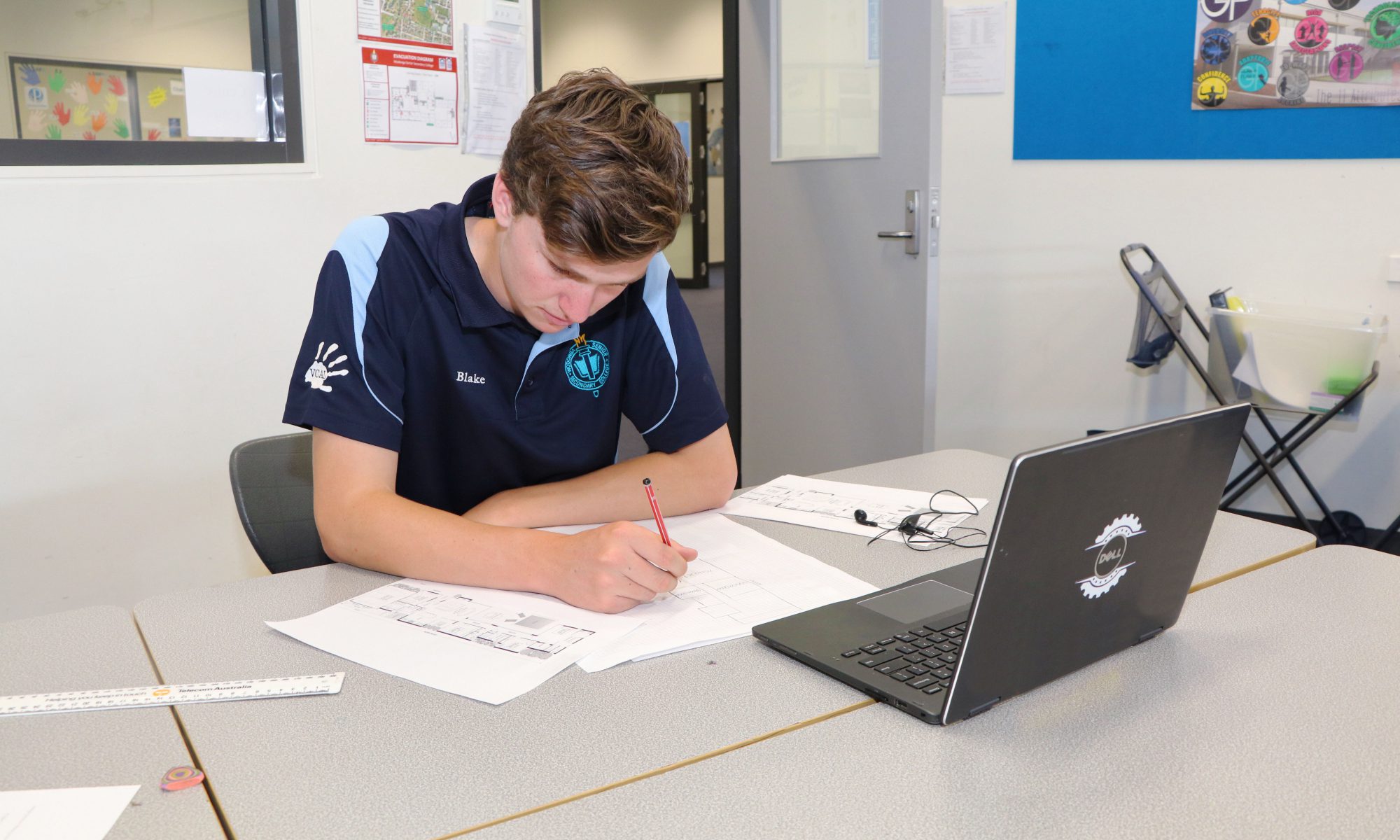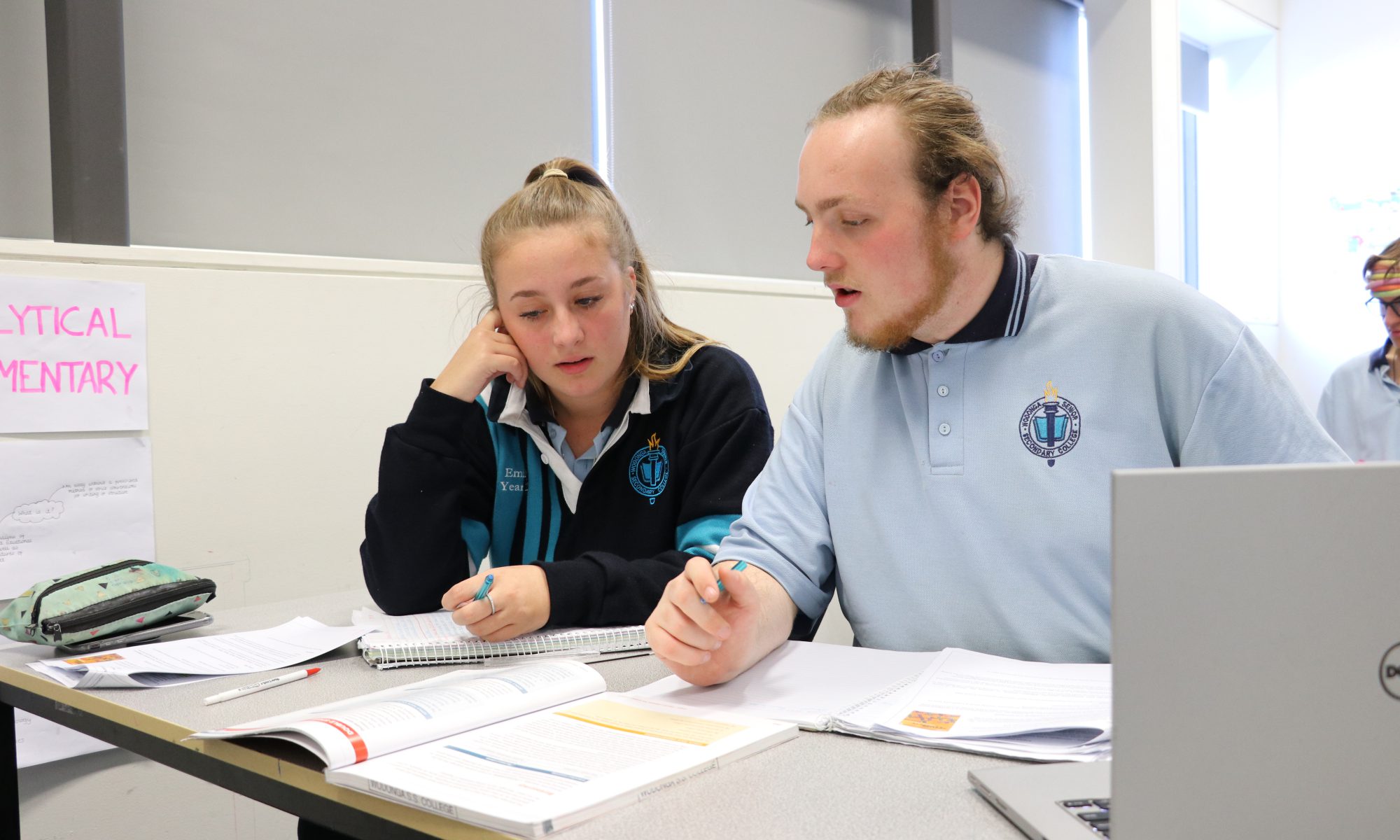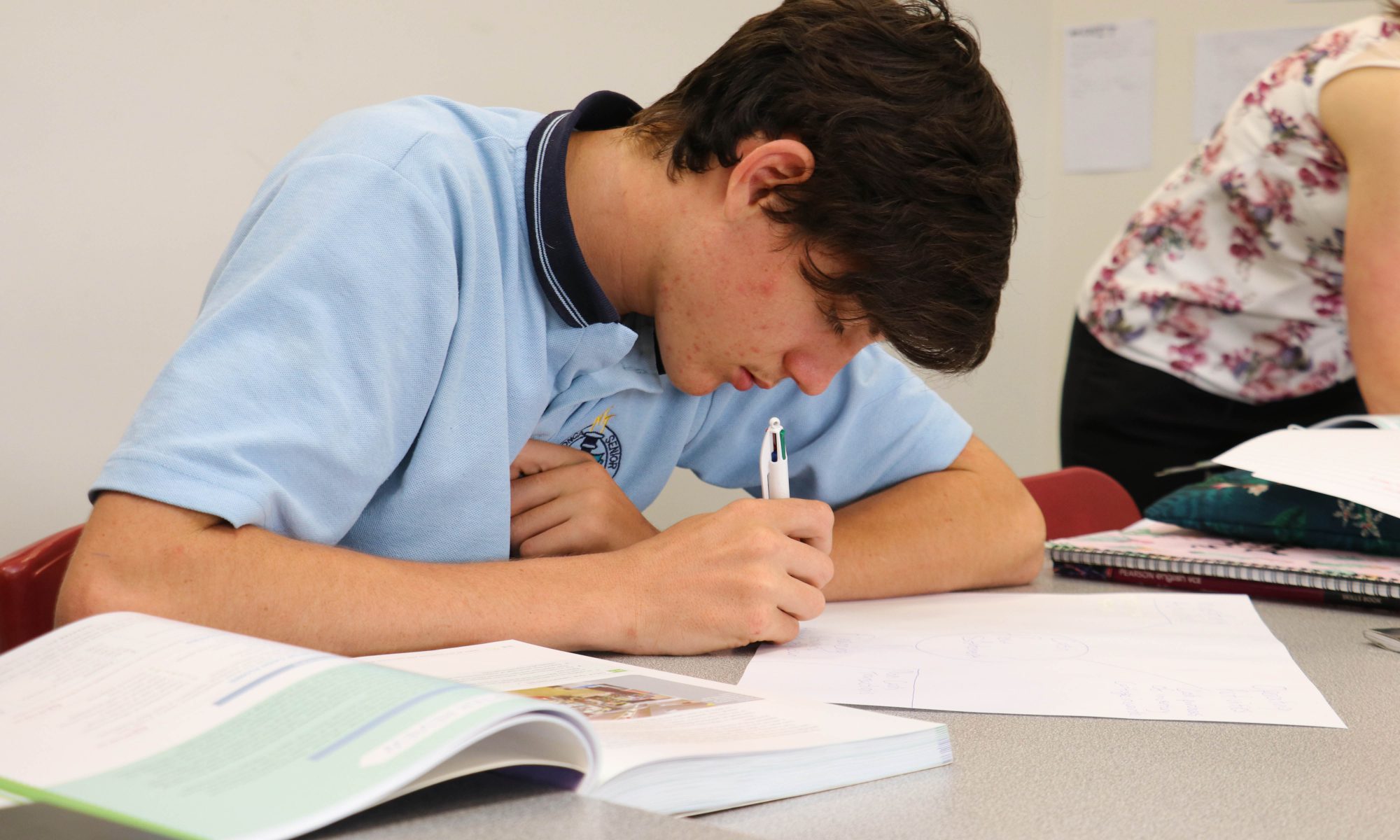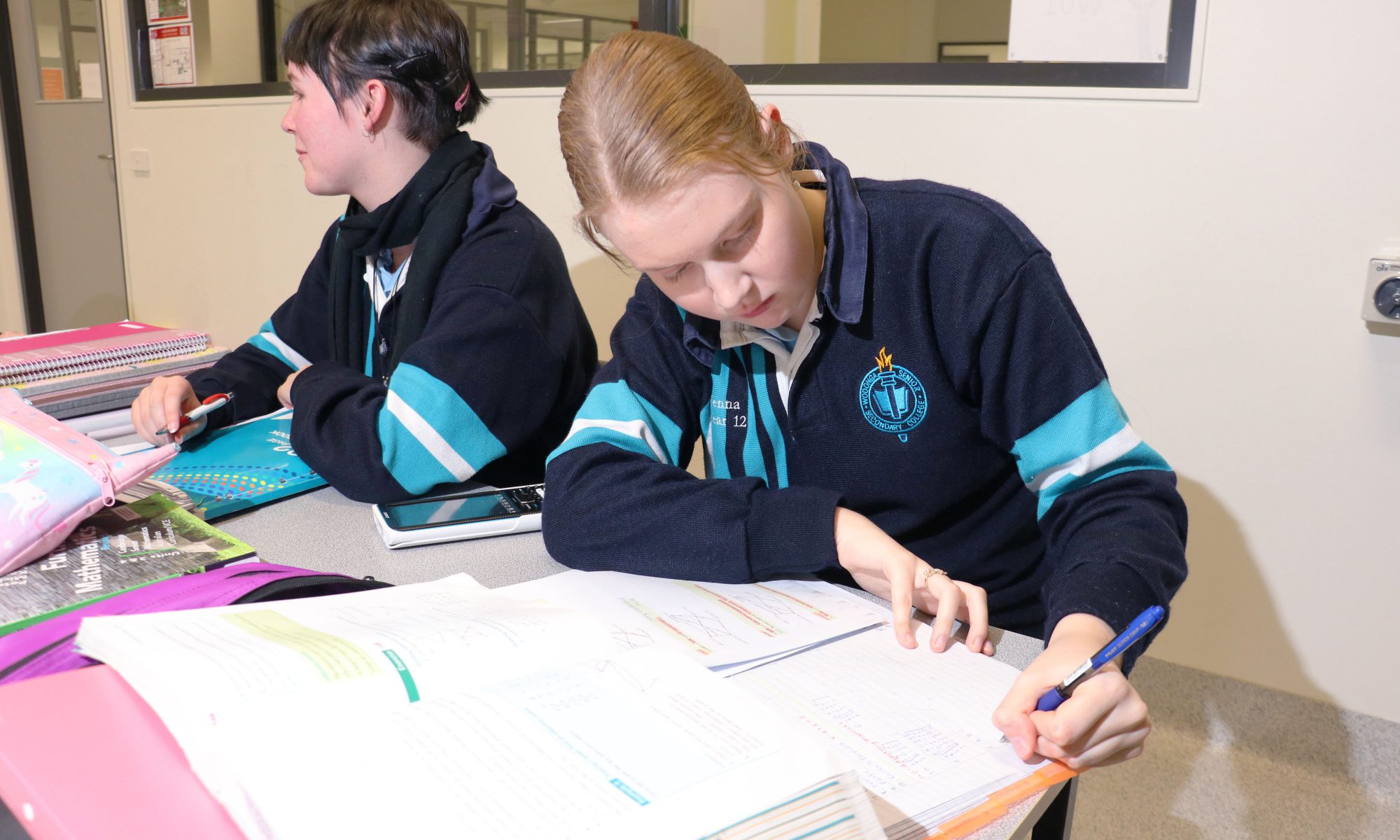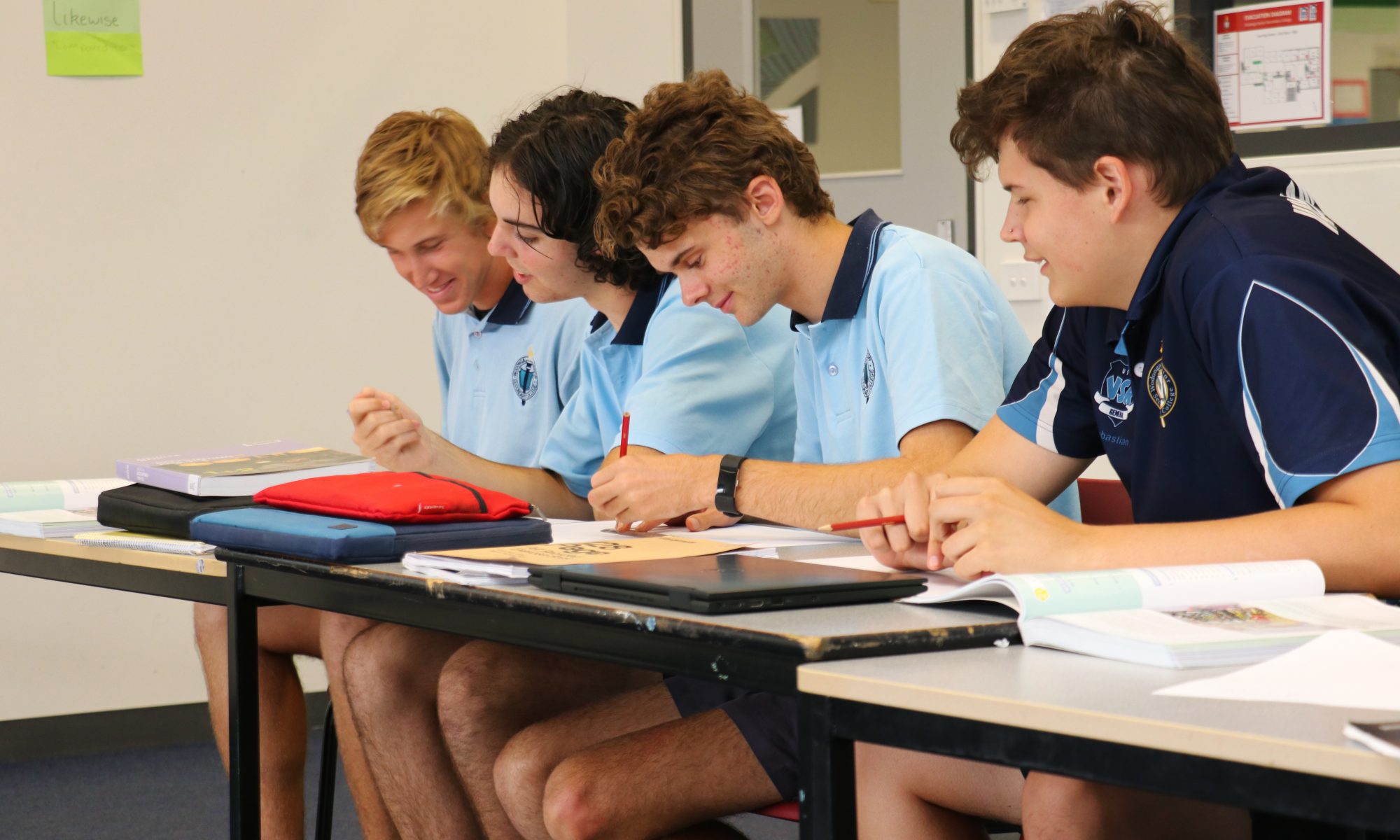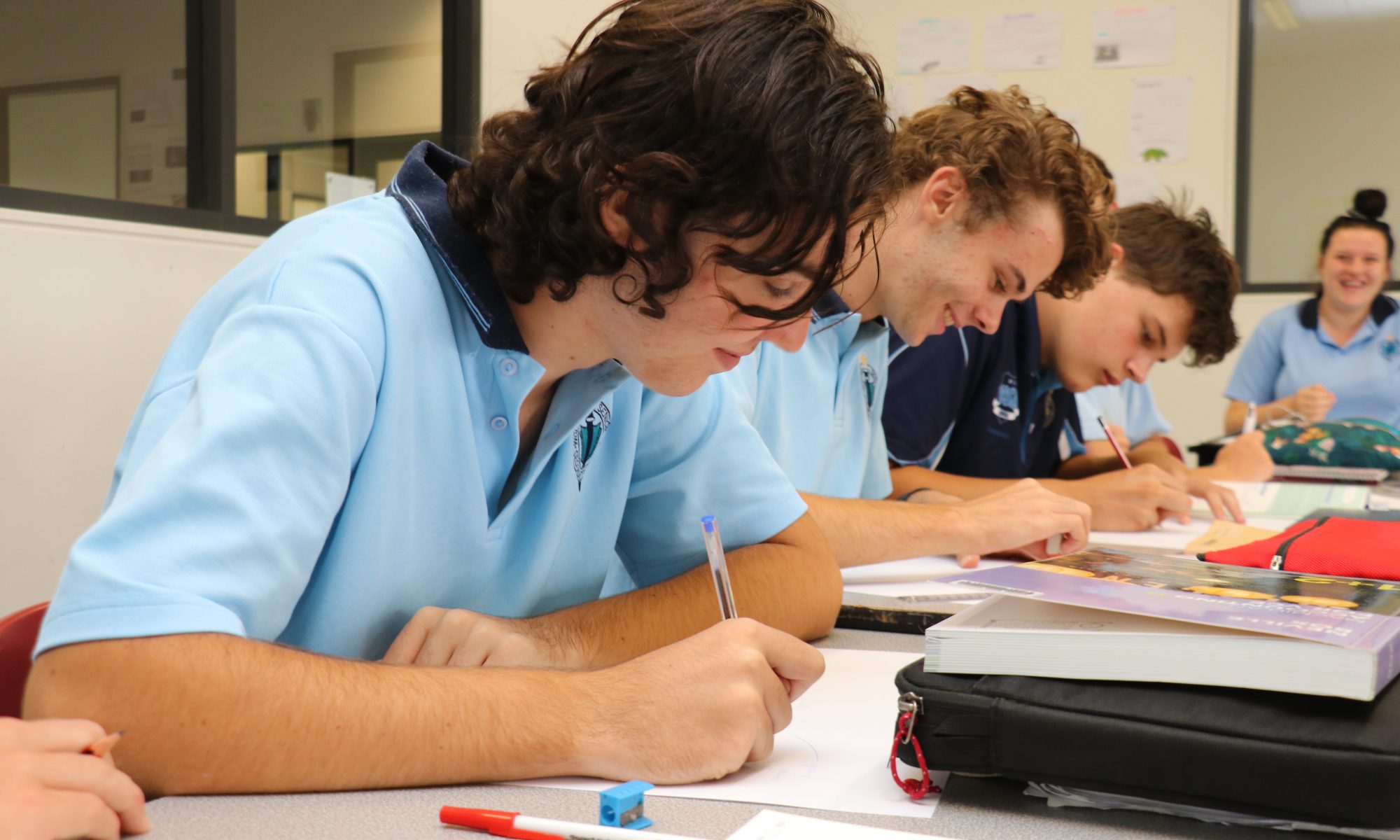Vocational Major Numeracy
Course Summary
This subject covers a range of aspects of numeracy including personal, civic, financial, health, vocational and recreational. VCE Vocational Major Numeracy focuses on enabling students to develop and enhance their numeracy skills to make sense of their personal, public and vocational lives. Students develop mathematical skills with consideration of their local, national and global environments and contexts, and an awareness and use of appropriate technologies.
VCE: Unit 1, 2, 3 & 4 sequence available
Learning Activities & Assessment
Classroom Virtual Tour
Quick Links
Approximate Costs
Unit 1 & 2
Unit 3 & 4
Learning Area Contact
Maths Learning Area Leader
